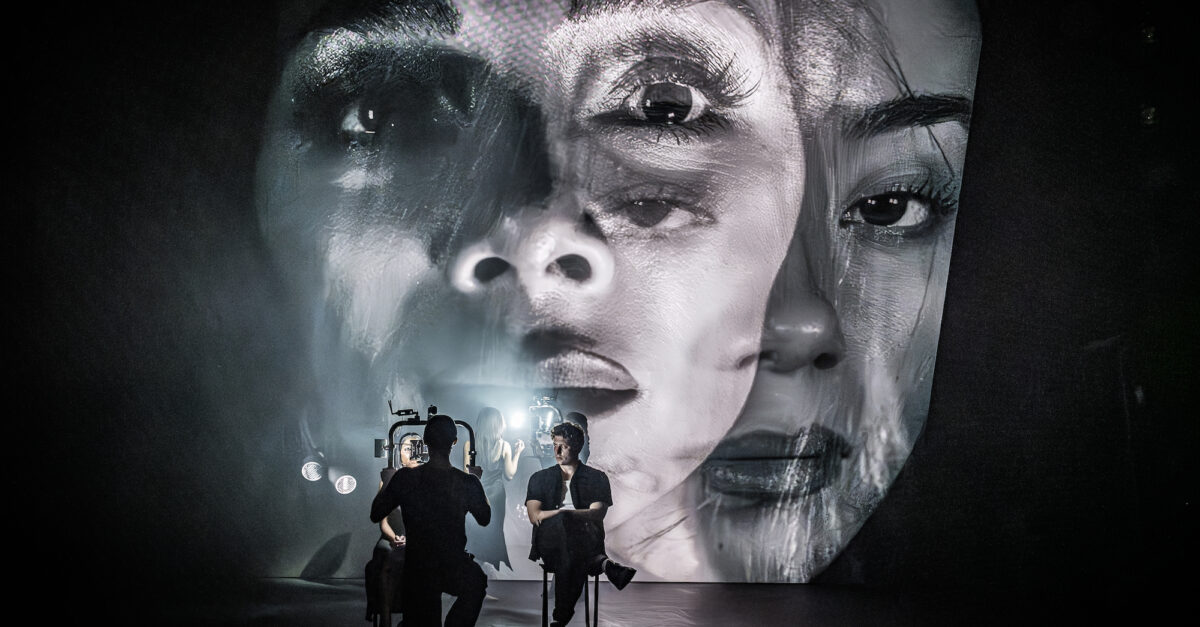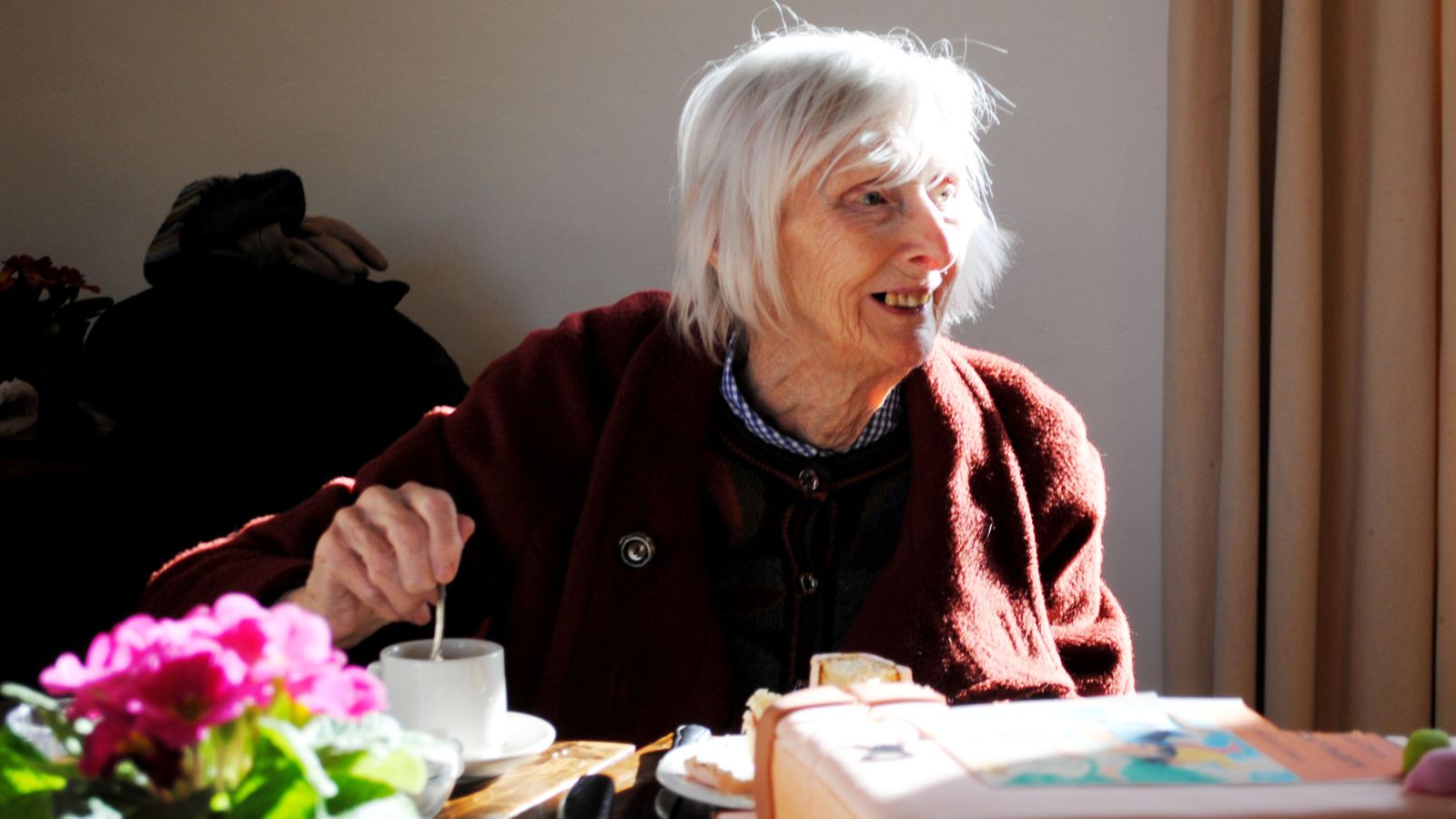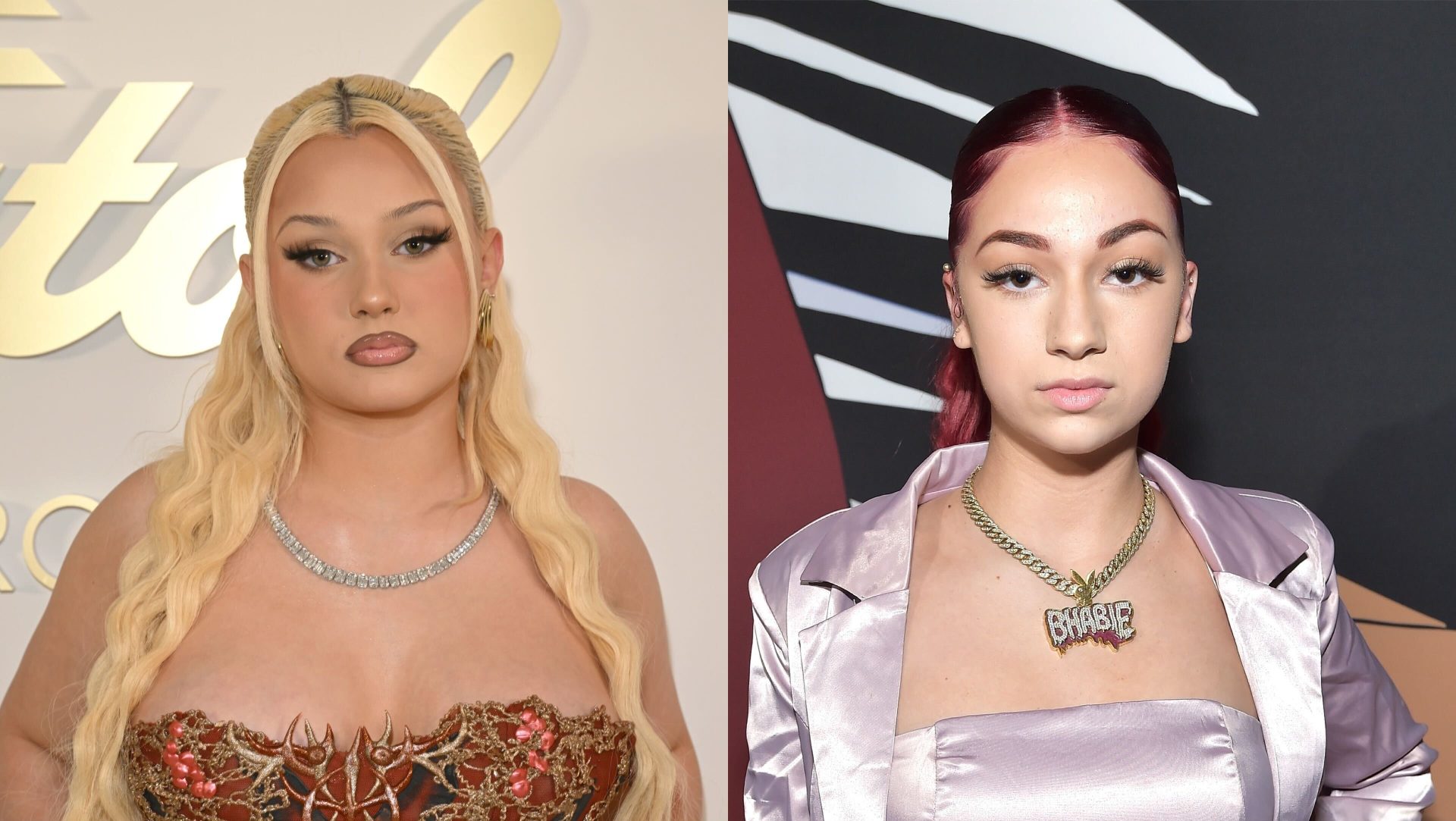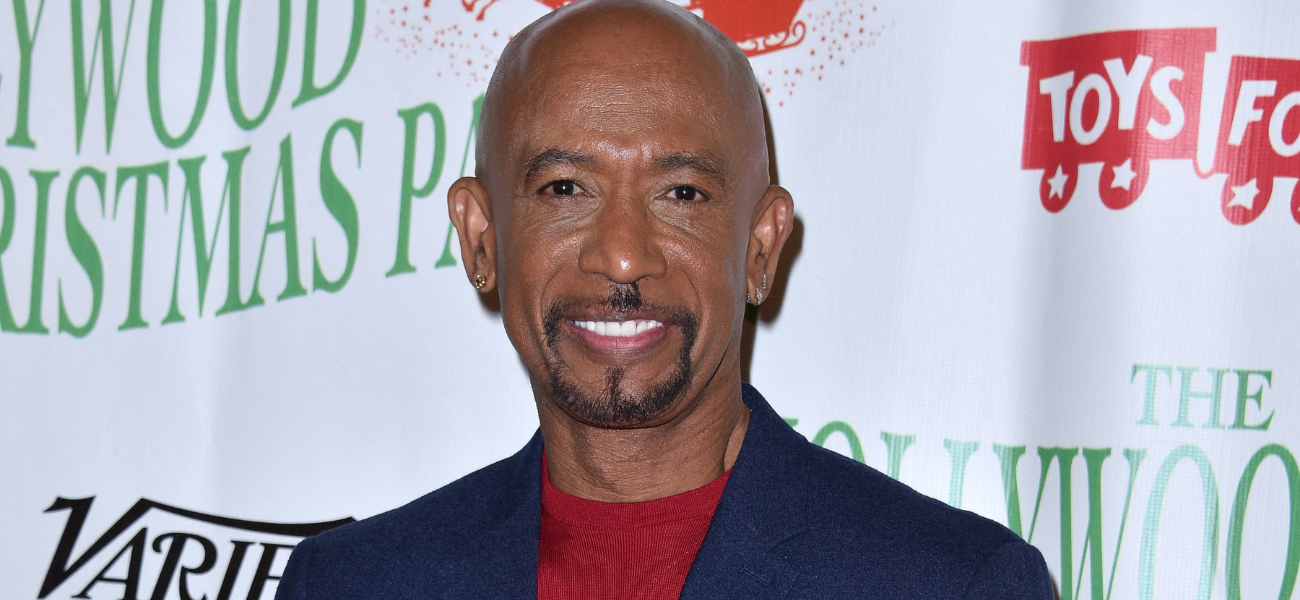:upscale()/2024/09/04/733/n/1922283/tmp_JAg93R_c6d87fb6d9dc2237_DSC_5688.jpg)
:upscale()/2024/09/04/733/n/1922283/tmp_JAg93R_c6d87fb6d9dc2237_DSC_5688.jpg)
I make my living acting in the machine called Hollywood. The machine called Hollywood commercializes me, but not for me. This is an industry where if you use your hands too much in front of the camera, the director will seriously shout, “Not that ethnic of a hand!” “White hands, Chris, white hands,” I whisper, smiling.
By the way — it’s a true story.
The essence of what I do is putting myself in a space where I have to be chosen, chosen as someone worthy enough to portray this work. Beyond acting ability, a big part of it is whether I am physically and aesthetically attractive and whether I am sufficiently satisfied with certain perspectives. When you make a living from your own desirability, is the power of your body always yours? My body has been turned into an object of desire by my whiteness, and as long as the key decision-makers and check signers in Hollywood are white bodies, I will be desirable to them and for them.
This is why I always say it’s nice to get a fat check (I have to pay rent). But nothing changes until I and people who look like me sign that check. In my opinion, this is the other side of the coin of being considered worthless. Because if I am undesirable in some way, I am worthless. And I fear that if I differ too radically from what they already consider acceptable, I may lose the status I have already worked so hard to achieve. I just might not survive.
I made a film about this for the New York Times in 2020.. The film was about the paradox of ‘making it’ in Hollywood. To be successful, one must stand out from the crowd while assimilating into whiteness. You must try to be yourself in harmony. And if you aspire to be one of the main characters you grew up watching on TV, you better look the part. Step 1: Soothe your curls.
The year was 2020. Whispers of change were all around us. I think the George Floyd protests sent a message to people that there is a problem and that the old ways are not working. Corporations and Hollywood are starting to talk about diversity and hire DEI experts. And guess what, it had no effect.
There was a lot of talk, but progress was minimal at best. Latinos accounted for half of U.S. population growth from 2010 to 2019, according to a 2020 Pew Research report. 18% of the population (This has since increased). When will we see our country’s diversity reflected on screen?
I think we’ll have to fit their model until that happens. I’d like to say I don’t 100% care what they think, but there’s always that itch inside me that wonders if I’m physically capable of code-switching well enough. I was a series regular on a network television show. This may be difficult for a Dominican-Colombian brown boy from Queens, but still, in the moments when I’m not actively working, I question my body before the system. I wonder if I’ll ever have to take on all the drug dealers, criminals, and players of the week roles that are still so prominent on our screens.
We live in a world where we are constantly asked to give up parts of ourselves in order for the cultural world to move forward. This isn’t new information, but it’s worth repeating. Black and Latino actors must constantly transform themselves.
This is our fight. It’s a fight to love and be ourselves.
This is our fight. It’s a fight to love and be ourselves. We’re fighting to love and embrace our curls, skin color, and racial features in a world that sells us the idea that simply being ourselves isn’t enough. It’s a world that sells us things NoseSecret ToolIt is often advertised as “plastic surgery without surgery.” It is a plastic tube that is inserted into the nose by hand and applied force to create a narrower, thinner, more pointed shape. At only $25 it’s a steal!
We view people who commit self-harm as a danger to themselves and society. We criminalize that behavior. But what about self-loathing? Who is there to protect us from all the pretense we make to please others?
When I told my dads that I wanted to act for a living, that I wanted to be an actor, that I wanted to go to Hollywood, he said, “It’s going to be hard, but look the part. Pretend. Fake it until you make it.” Make it.”
I pretended. But at what cost? I kept my hair short and got a nose job that my first manager told me to do. And it worked. I worked more. The sad part about all of this is this. What still gets me is when I hear white actors say, “You’re so lucky. You’re Latin, and everyone wants you now. I’m just white. I got nothing.” Or so a man who bought a piano bench off Craigslist told me: “It’s good to see more minorities, but they can’t get roles anymore, you know?”
I took a scriptwriting class, but I was a bit disappointed with what I learned. The show’s longevity is based on the idea that characters can never really change. Most of the time, the lead characters are forced to remain self-destructive and can never truly grow as the show changes. Management doesn’t like change. This is what we are pushing into people’s brains. In other words, we are stuck in a cycle. We are bound to be stuck in delusions, bad habits, old stories, cliches, old abuses, old dogmas, old oppressions, and that’s okay. But that’s not the case.
We have to start asking ourselves. What images and stories are deeply ingrained in our minds about race and humanity, rights and fairness? What stories have we been fed since the day we were born? For too long, Hollywood has denied depth, authenticity, and meaning to people of color. Because the only way to make thousands of movies a year is to have some level of automation, and corny stereotypes are part of that automation. Think about what would happen to the industry if we actually produced nuanced, complex, and honest movies.
Every scripted session asks, “Does this story help bring humanity into that space? Does this story marginalize an already marginalized community? Is this story true? Does this person have to be white? Does this story impact society and race? Imagine, “Do you represent a class?” “Do these stories help us see and imagine a new, more collaborative and loving world?”
This reconstruction must first begin behind the camera. Because our storytelling can’t be authentic if we’re not honest about who’s telling these stories. Casting forward does not change who signs the check.
It takes Hollywood to make it ordinary and ordinary, not special. I’d like to see Brown’s “When Harry Met Sally,” or an Afro-Dominican futurist fantasy with a bachata score, or a bromance buddy comedy between India and Puerto Rico, or two second-generation South Asian kids saving the planet, meeting. It’s a cute romantic drama about two Cambodian-American kids attending college. Everywhere Brown leads, they just hang out and talk, they don’t decide everything about race. Imagine that it’s just the norm, not an exception, not a big problem, not a reason to make a movie.
William Blake called imagination “divine vision.” It includes all the senses and includes everything: body, speech, and mind. I believe in the power of media to begin to show me something divinely different. So we can begin to imagine a new future. Television was a symbol of everything I wanted to erase, and now I’m a regular on a Fox sitcom.call me kat” — Curls and all. It’s truly amazing to be on TV, a medium I watched with so much awe as a child. Although I have to keep asking: Am I just a guest who can be disinvited as soon as he walks in? Or am I an equal? ?
My goal has always been to use Hollywood as a vehicle to create the art I want to make, say what I want to say, and help uplift other people through their stories. Receiving a check is great, but the real power is being able to sign that check. Nothing will change until the people signing the checks look a lot different and look a little less like old, straight white men.
It’s not about checking a box and casting people of color. It’s about honoring the stories that make these people generous and worthy enough to be more than just a device for your small-minded white man’s story.
It’s not about checking a box and casting people of color. It’s about honoring the stories that make these people generous and worthy enough to be more than just a device for your small-minded white man’s story. If we look beyond checking boxes and start telling stories that actually represent what culture is, we will start to see it.
Today, our relationship with code-switching has evolved significantly since the 2020 video. I made a conscious decision to proudly embrace and rock the natural texture of my curls. That means I have chosen and continue to choose to be myself. I need a reminder about this, but getting home is my baseline. If I change, it is because my role as an honest representative of society requires me to do so. It’s not because the tired plot needs another reformed gang banger.
To my fellow Latinos and people of color in Hollywood, speak up and assertively advocate for the boundaries and representation you want to see. Create your own artwork and tell your own story. Until the lion learns to write, all stories will praise the hunter. This is why lions must write.
And don’t just talk about supporting each other and breaking down barriers. Really put your money where your mouth is (we know who you are). Just because there are brown/black bodies in the room doesn’t mean we can’t perpetuate or exclude harmful systems of power. Are we committed to anti-racist action in every space, no matter how uncomfortable it may be? By encouraging each other and developing those who sign our checks, we can express ourselves more inclusively and authentically. We can pave the way for future generations to see themselves on screen without compromising who they are. And we all deserve to feel included.
The books that tell us who we are are not static texts. It is flowing, fluid, vast, and we are forming it right here and now.
Christopher Rivas Author of “Brown Enough,” which explores what it means to be brown in a black-and-white world. He also hosts two podcasts, “Brown Enough” and “Rubirosa.” On screen, Christopher is known for his work on the Fox series “Call Me Kat” opposite Mayim Bialik. His latest book, “You Are a Good Swimmer,” is about the fascinating journey of pregnancy, encompassing all family dynamics, regardless of gender.
#Pressures #navigate #white #Hollywood #codeswitch











Leave a Reply